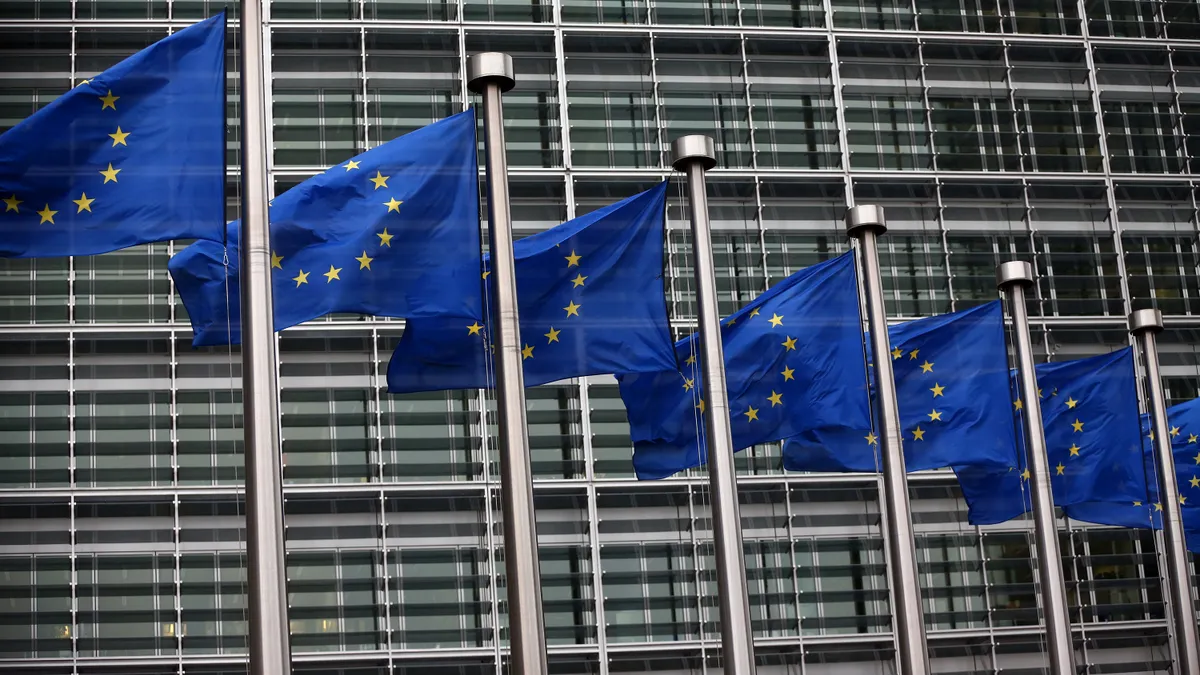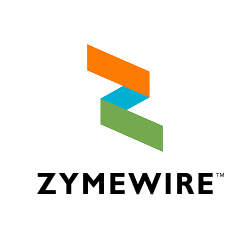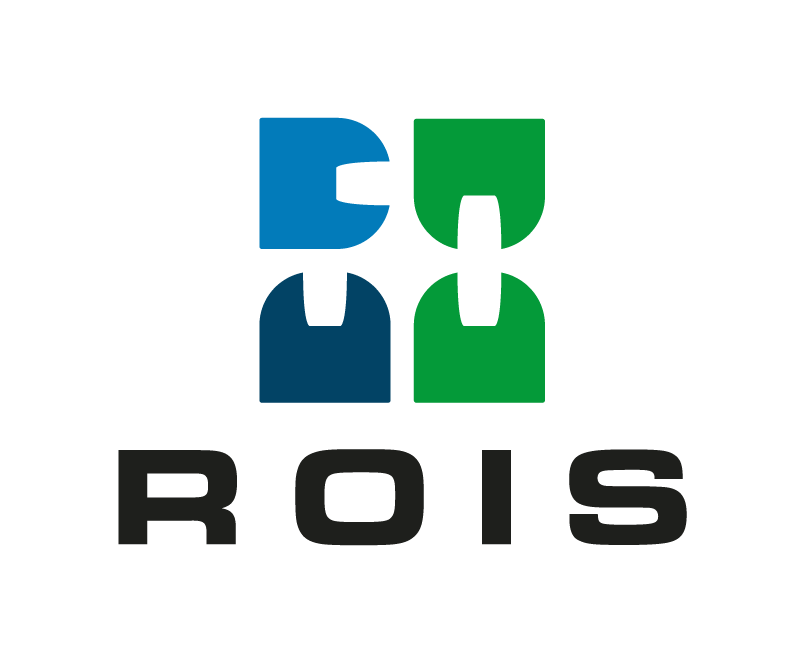European authorities have decided not to revoke the approval of a Duchenne muscular dystrophy medicine in a rare decision that goes against the advice of drug regulators there.
In a statement on Monday, the drug’s developer, PTC Therapeutics, revealed the European Commission won’t adopt the opinion of a regulatory committee that has twice — most recently in January — voted against renewing the medicine’s clearance. Instead, the EC wants that committee to again review the data for the drug, known as Translarna. The medicine will remain on the market in the meantime.
According to PTC, the commission wants the European Medicines Agency panel to “further consider the totality of evidence, including data from patient registries and real-world evidence,” in a new review. Going forward, the EMA will disregard the input from the meetings leading up to the January vote. “All the procedural steps that followed” are now considered “invalid” as well, the company said.
“The maintenance of the current authorization of Translarna is a big win for boys and young men with nonsense mutation Duchenne muscular dystrophy in Europe,” said PTC CEO Matthew Klein in the statement, referring to the type of Duchenne Translarna is cleared to treat.
The decision is the latest twist in the unusual regulatory history of Translarna, a drug that’s been on the market in Europe for nearly a decade despite mixed evidence supporting its effectiveness.
Translarna is designed to block the effects of so-called nonsense mutations, or genetic alterations that stop the production of certain proteins. But PTC hasn’t been able to clearly prove the drug’s benefits in tests of subsets of patients with cystic fibrosis and Duchenne.
Translarna failed testing in cystic fibrosis and has been rejected multiple times by U.S. regulators for Duchenne. The EMA granted it a “conditional” authorization in 2014 despite mixed results in testing, and at the time said PTC would have to provide “comprehensive” data from another trial to uphold its approval.
PTC has since won approvals of Translarna in other countries, among them Russia and Brazil. It’s the company’s best-selling wholly-owned product, generating $356 million in sales last year.
However, Translarna in 2022 failed the main goal of its confirmatory study. PTC pointed to other study findings as proof the drug helps people with Duchenne, a rare, progressive and fatal muscle-wasting condition. But the EMA subsequently declined to convert its conditional approval to a standard clearance and instead sought to pull it from the market. PTC appealed and sought a re-examination, but got the same result.
In a written explanation in January, the EMA’s committee argued that Translarna has a “very small effect” on the production of dystrophin, the muscle-protecting protein Duchenne patients lack. Translarna also didn’t slow a decline in walking ability in patients PTC had expected to benefit the most. Data from patient registries wasn’t conclusive either, the committee said.
The regulator “considered all the data available and the view of experts, patients and third parties” and “acknowledged the high unmet medical need for an effective treatment for patients with Duchenne,” it said at the time.
The commission almost always formally ratifies an EMA opinion within a couple months in a legally binding decision for all of the European Union’s member states. Yet on an earnings call in April, PTC executives said the EC hadn’t yet made a decision and scheduled a live meeting about the drug, according to Leerink Partners analyst Joseph Schwartz. The meeting was “likely driven,” in part, by the “tremendous outcry from the patient and physician community,” he wrote in a note to clients on Monday.
Duchenne patient advocacy groups have already impacted the drug approval process in the U.S., where the Food and Drug Administration has increasingly asked for patient input in making regulatory decisions. Longtime drug reviewer Janet Woodcock was accused by fellow staff members of having unusually close ties with patient advocates in approving the Sarepta Therapeutics drug Exondys 51 in 2016. Last year, another high-ranking FDA official, Peter Marks, overrode other evaluators in clearing the gene therapy Elevidys, also from Sarepta.
Nonetheless, industry watchers expressed surprise by the outcome for Translarna in Europe. Raymond James analyst Danielle Brill called the EC’s decision “unprecedented,” while RBC Capital Markets’ Brian Abrahams referred to it as “very rare” and likely the result of pushback from patients and physicians. Among those campaigning for the drug, for example, were the authors of a patient registry that’s meant to show the impact of long-term, real-world use of Translarna.
“We generally see the EMA as less easily influenced by patient advocacy groups than the FDA, but as we have noted in the past, [Duchenne] patient groups and parents have a great deal of influence and shouldn't be discounted in the drug review and approval process,” wrote Schwartz.
PTC shares climbed about 20% in early trading Monday.























